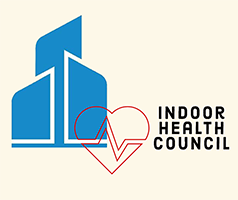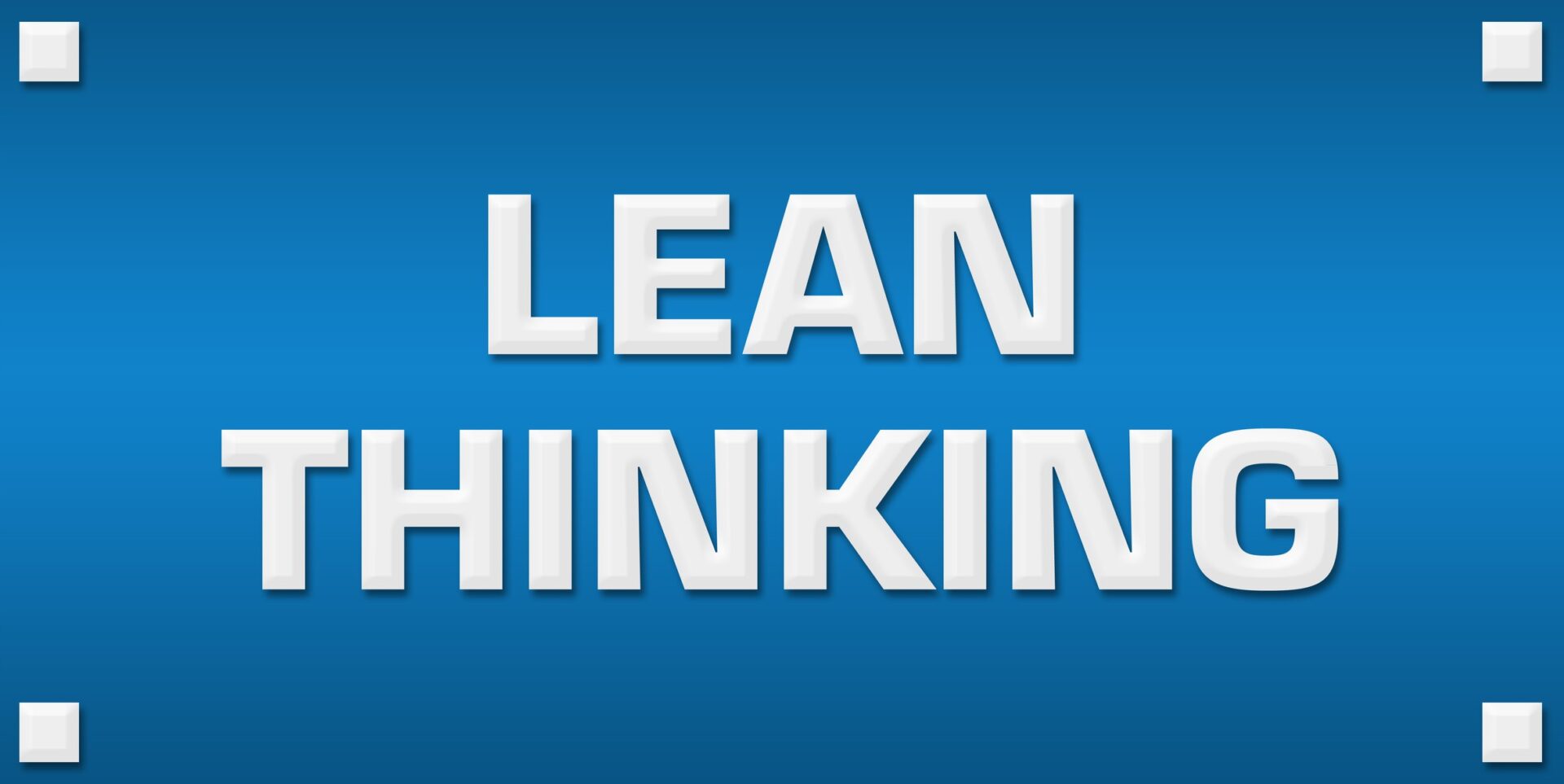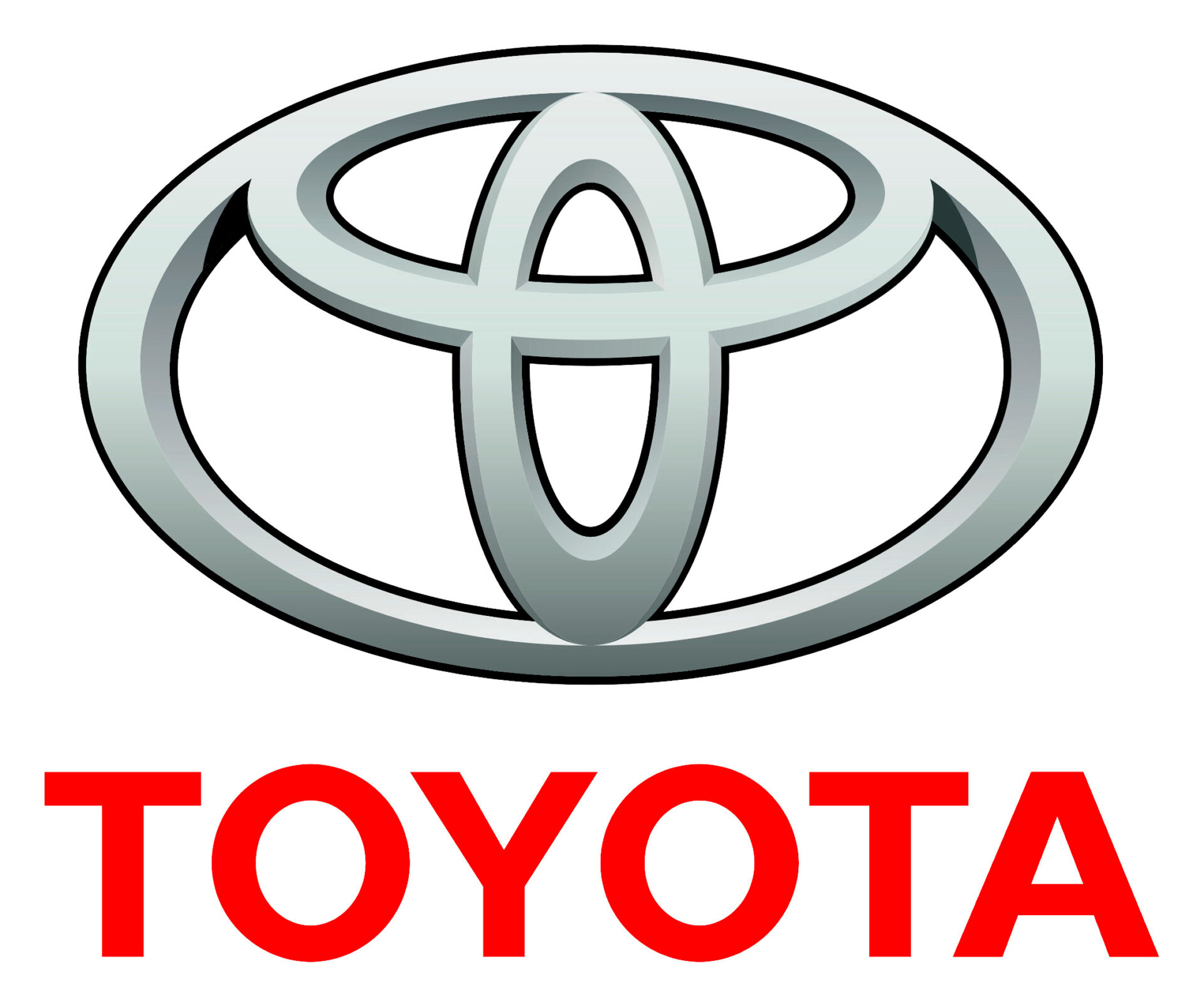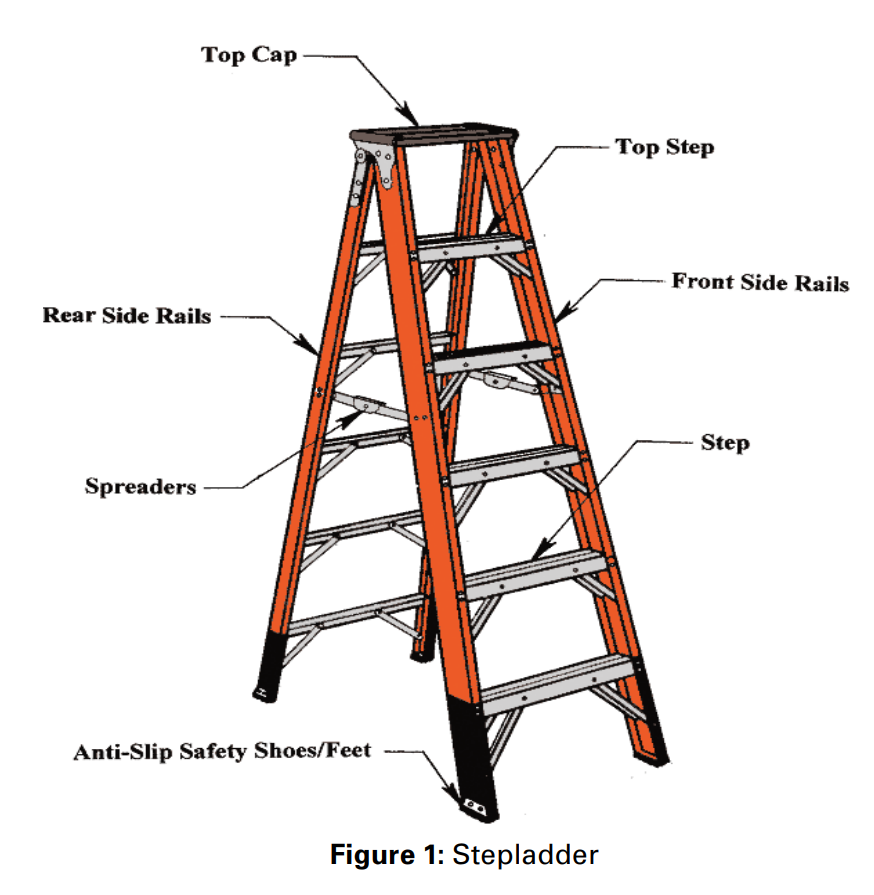Citizen Science Anyone?
Citizen science (CS) encourages members of the public to voluntarily participate in the scientific process.
Whether by asking questions, making observations, conducting experiments, collecting data, or developing low-cost technologies and open-source code, members of the public can advance scientific knowledge and benefit society.
Through crowdsourcing—an open call for voluntary assistance from a large group of individuals—Americans can tackle complex challenges by conducting research at large geographic scales as well as over long periods of time, in ways that professional scientists working alone cannot easily duplicate.
Why use citizen science and crowdsourcing
Federal agencies have used citizen science and crowdsourcing for over a century. The National Weather Service Cooperative Observer Program (COOP) was established by Congress in 1890; volunteers across the country now collect and report data used in forecast models. Since 1991, USGS’s Did You Feel It? project uses volunteer reports to supplement conventional sensor networks and provide comprehensive earthquake coverage across the United States and the globe. The Federal Catalog of Crowdsourcing and Citizen Science lists over 420 federally supported projects in areas ranging from biodiversity to computer science, to health and medicine, and even disaster response. Support for these projects is underpinned by legislation including the Crowdsourcing and Citizen Science Act (2016). (Source: CitizenScience.gov)
Would you be interested in participating in citizen science?
There are 1.2 million people who clean buildings across the country, and we wonder if a subset of these, along with teachers and students, could be tapped within a CS program to begin accessing impacts to indoor spaces in schools?
There are affordable field test methods to show: 1) Organic soil on surfaces, 2) Airborne/settling dust, and 3) Bacterial growth.
Do you think you could help with a CS-type project?
Thanks for any input.




